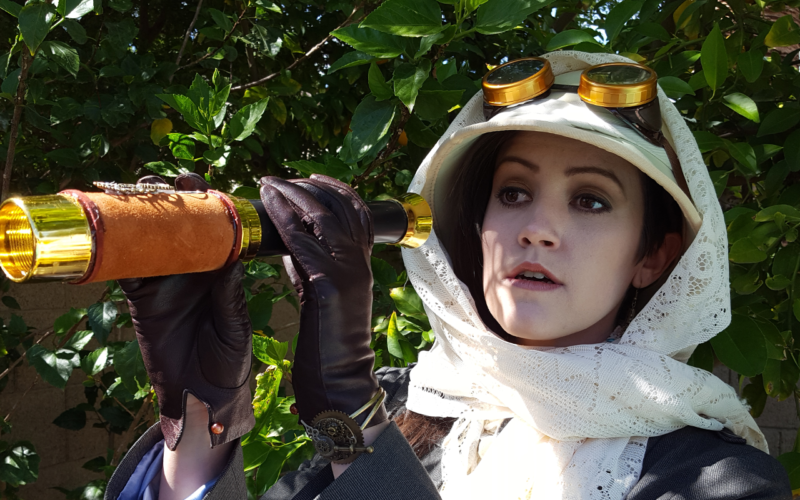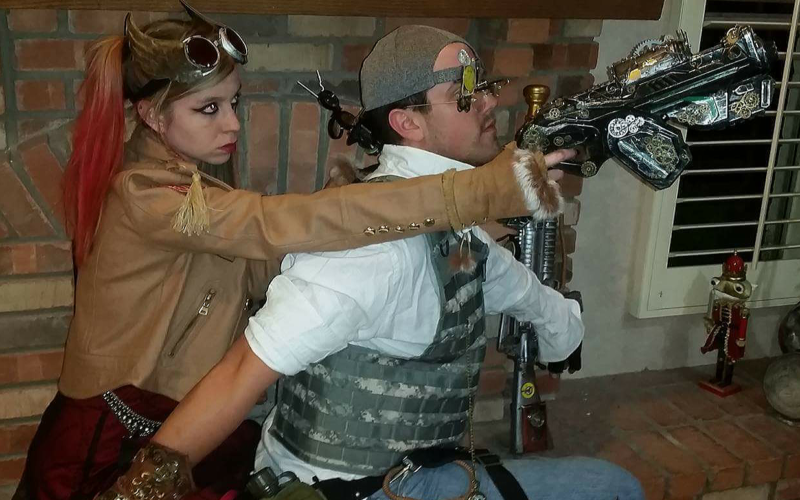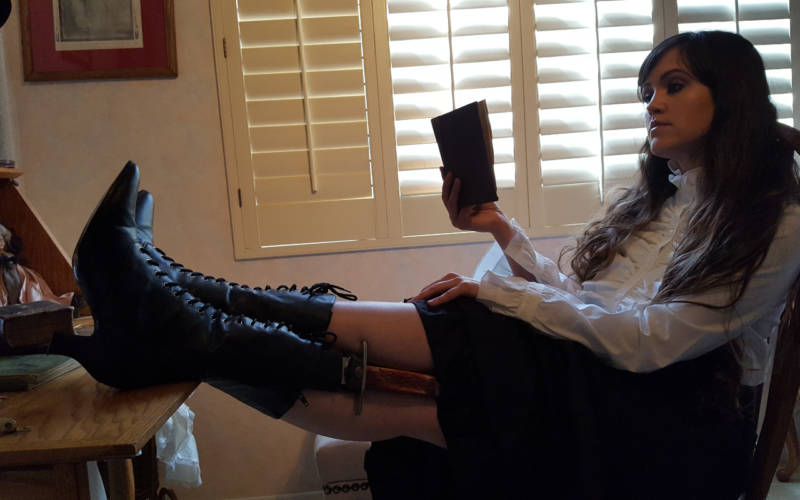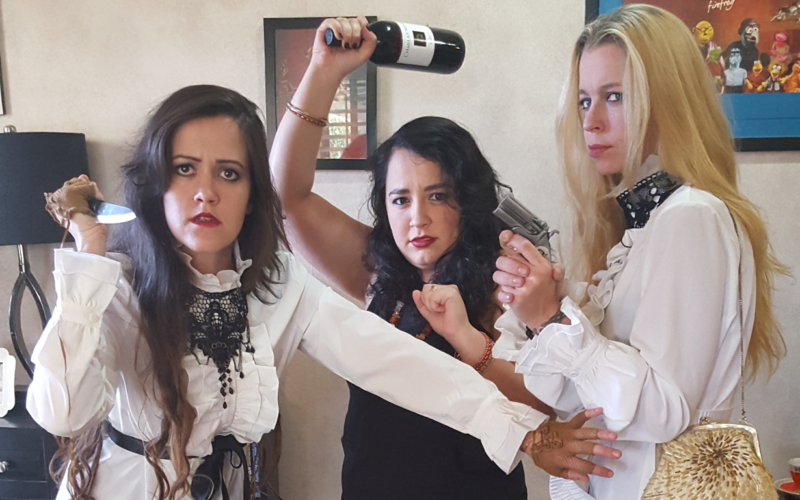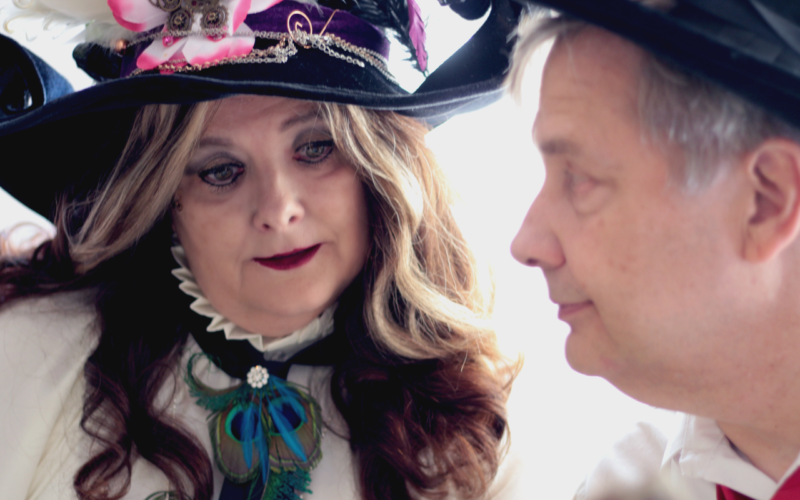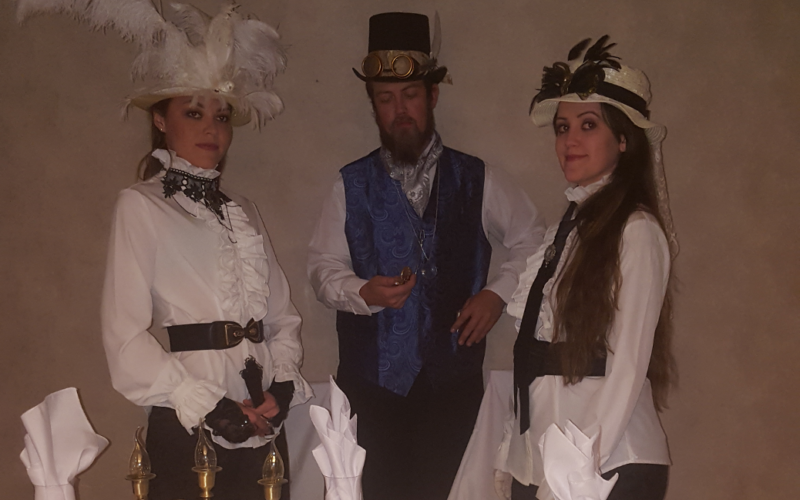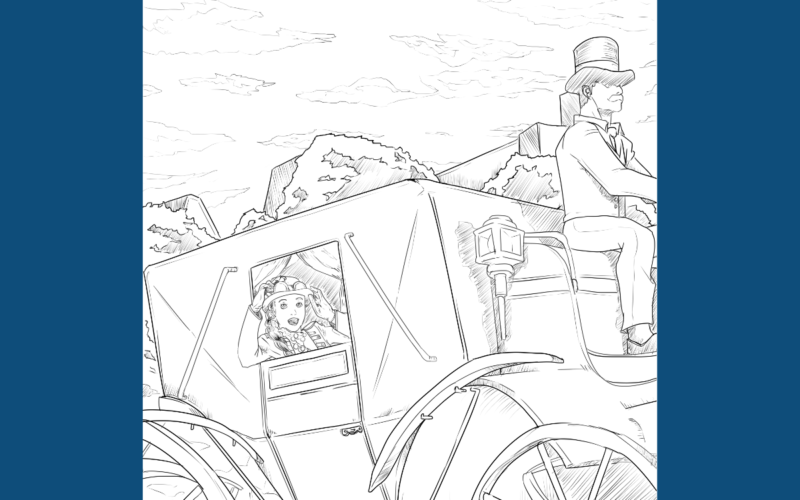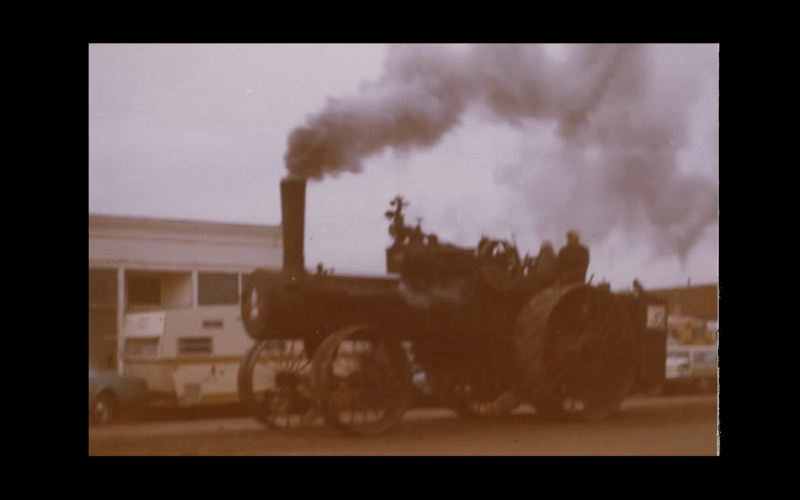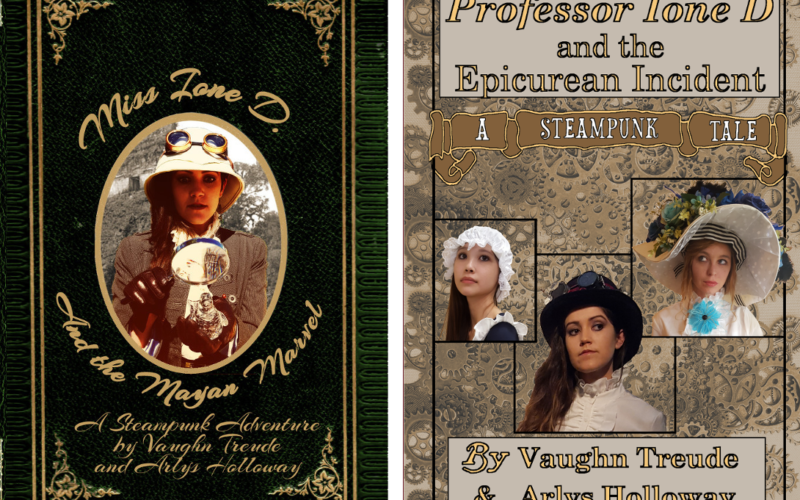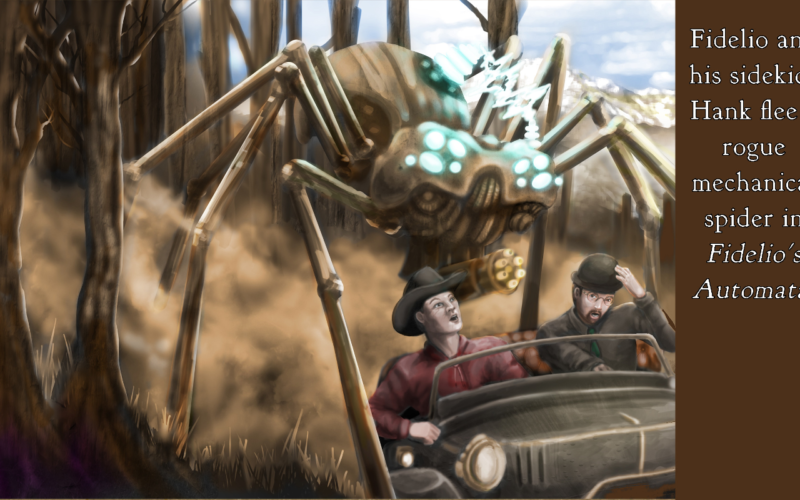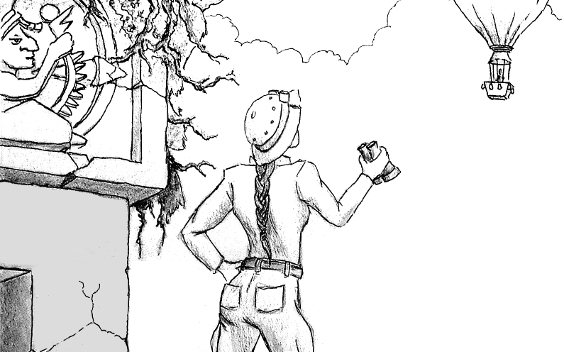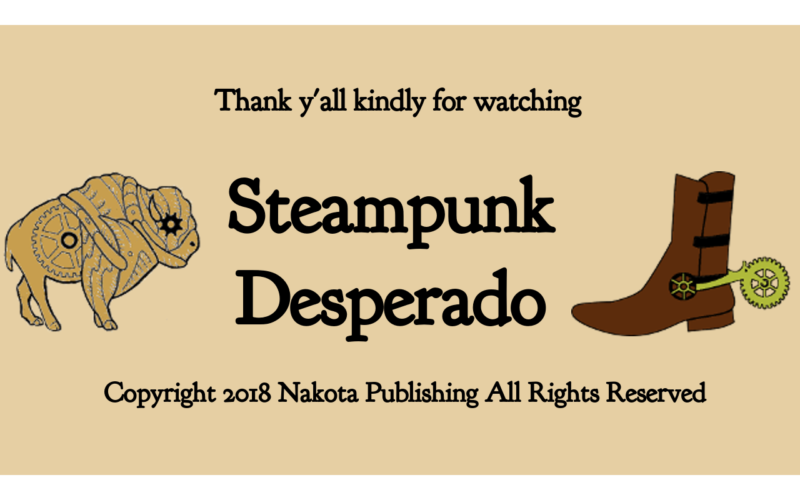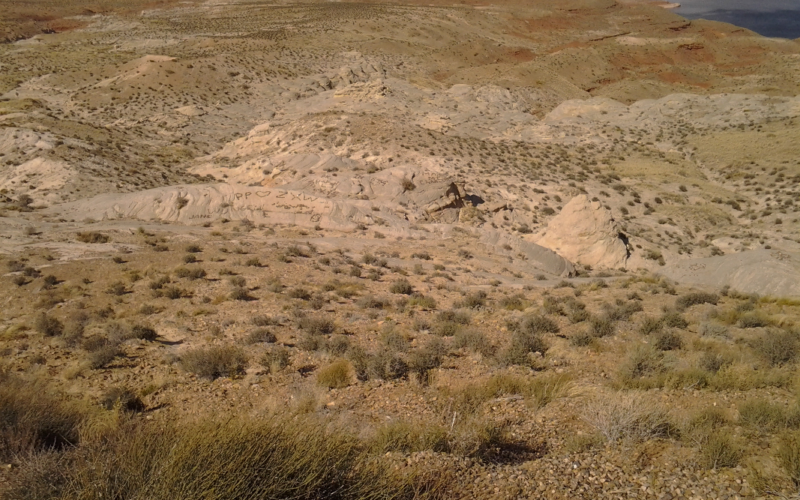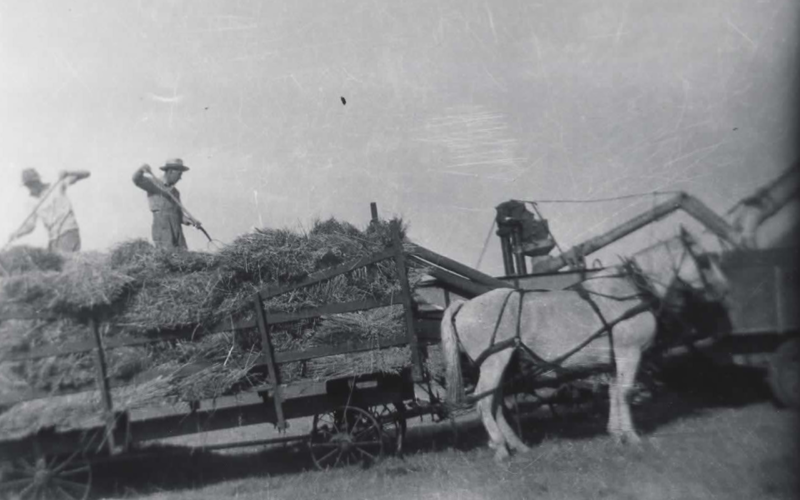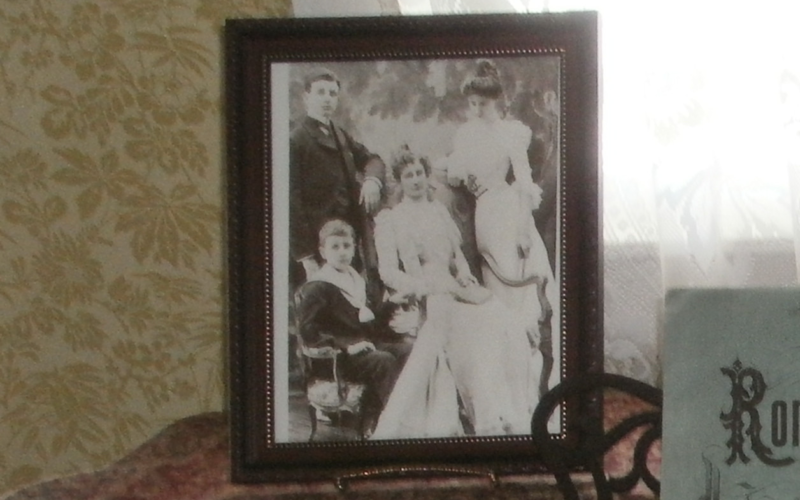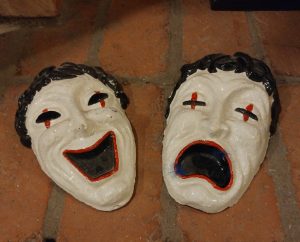
Comedy and Tragedy
One of my goals as a writer is to improve my skills by practicing many kinds of writing. So when a friend referred me to join the “One Voice” theater collective, I jumped at the chance. I had expected it to be a short stint but ended up enjoying the sense of camaraderie that came with a writer’s collective. Eventually, I brought Arlys in on it, and together we created several scenes of our new play, four of which were brought to life by our actor friends.
The transition from novels and short stories to plays was not as easy as I’d expected. My early works were lengthy and complex and didn’t lend themselves well to the stage. On a lark, I decided I would write a musical comedy about on-line dating, loosely based on Arlys’ weird experiences in that arena. It was a lot of fun, but also challenging – especially the music, as I hadn’t written any songs in quite a few years.
One of the first challenges was learning to pare down my narrative excess. Theater is all dialog, with the occasional stage direction thrown in. The first instinct of a novelist is to throw in a narrator so they can use all that pretty description and profound inner monologs they’re accustomed to producing. Of course this only works in very specific situations, such as the nostalgia piece Our Town. For everything else, the cardinal rule is “show don’t tell,” which is a rule that novelists should live by as well.
Another important issue involves stage direction. Richard, our director, had us all read excerpts of works by many famous playwrights. Some gave very detailed instructions for actors and sets. Others provided almost none. I got the impression that these days it’s unfashionable to try to micro-manage the actors. Directors will also want to produce their own interpretation. In other words, the theater is a collaborative medium, and writers should respect the other participants by keeping stage directions to a minimum.
I’d be remiss if I didn’t mention the matter of script formatting. The playwright’s true audience is the producers, directors, and actors who bring their words to life. They expect it to be written in a format that optimizes its utility in table readings and early rehearsals. I’ve read that in the movie industry, scripts that deviate in the slightest from the standard format are immediately tossed. Luckily, there are online resources that explain these things. Here’s a good example: http://ptfaculty.gordonstate.edu/lking/CPF_play_formatting2.pdf. Using a word-processor template can be a great help. One of the reasons for the strict specifications is to keep the timing consistent. As a rule of thumb, a page of dialog should last a minute on stage, but in practice that can vary greatly. For a discussion of this issue, see http://theworkingscreenwriter.blogspot.com/2007/03/does-one-page-really-one-minute.html.
Although challenging, theater writing is an invaluable exercise for novelists. As an added bonus, it incorporates a social element that the solitary habit of writing normally lacks. Arlys and I have forged many friendships from our theater experience. Larger cities like Phoenix often have showcases for local talent, and they’re always looking for new works. These provide good opportunities for publicity and increased name recognition.
This short post has barely scratched the playwright’s experience. I have detailed some of the principal challenges of writing for the theater, as well as its many rewards. It may be a cliché, but it remains true: there’s no business like show business!
This article was first published on the Phoenix Publishing and Book Promotion Blog.



